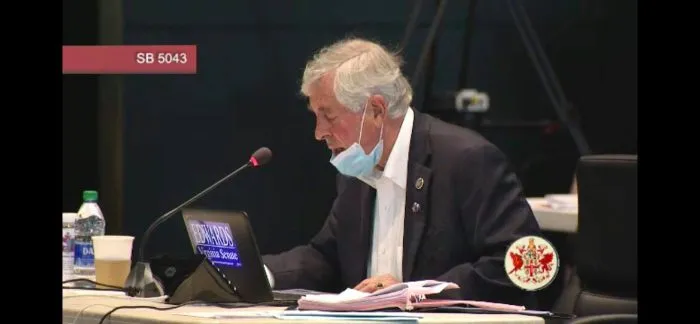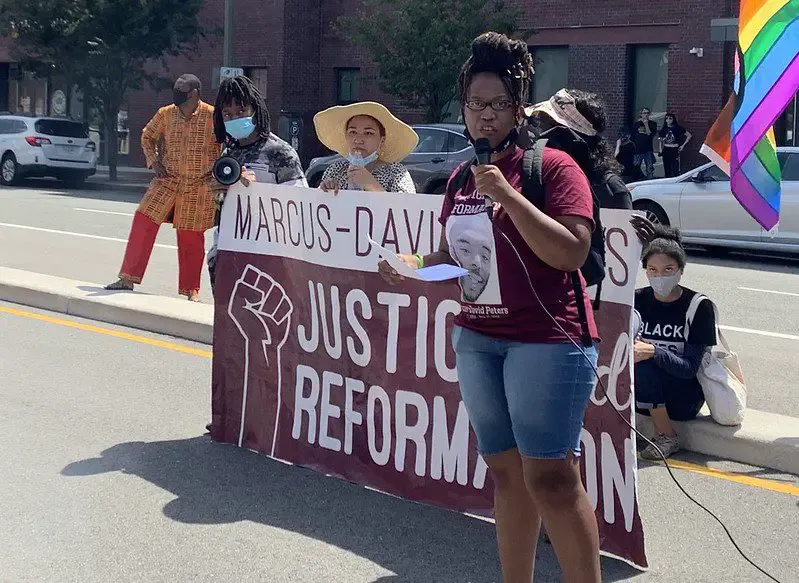General Assembly 2020 — Top News — Government — General Assembly — Ghazala Hashmi — Joe Morrissey — Tommy Norment — Chelsea Higgs Wise — Marcus-David Peters — Princess Blanding
Senate Judiciary Committee advances criminal justice reform bills



